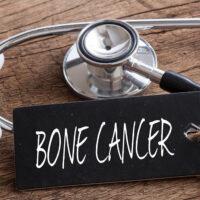
7 home remedies to delay periods
Those who get periods may frequently wish they could postpone them. Periods can cause cramps, mood changes, breast tenderness, bloating, and other PMS symptoms, in addition to monthly blood discharge. As a result, one may feel compelled to postpone their period, especially if they are traveling or have an important event to attend. There are numerous tips, ranging from working out to drinking vinegar water, for naturally postponing periods. Here are a few easy ways to delay periods. Home remedies for delaying one’s period might or might not be successful. Some people might have success with it, while others might not. Or, in most cases, the remedy might work the first time but not the second. There is not enough scientific evidence to support the idea that natural remedies can delay one’s menstrual cycle. However, these can reduce symptoms and make periods more bearable. Some of the easy ways to delay periods are as follows: Drinking lime juice for delaying period Since lime juice is acidic and potent in vitamin C, it may reduce bleeding and delay the start of one’s period. Many believe that adding a few drops of lemon juice to hot water and drinking it every day for at least a week before one’s period will cause it to be delayed.
Read More. 














